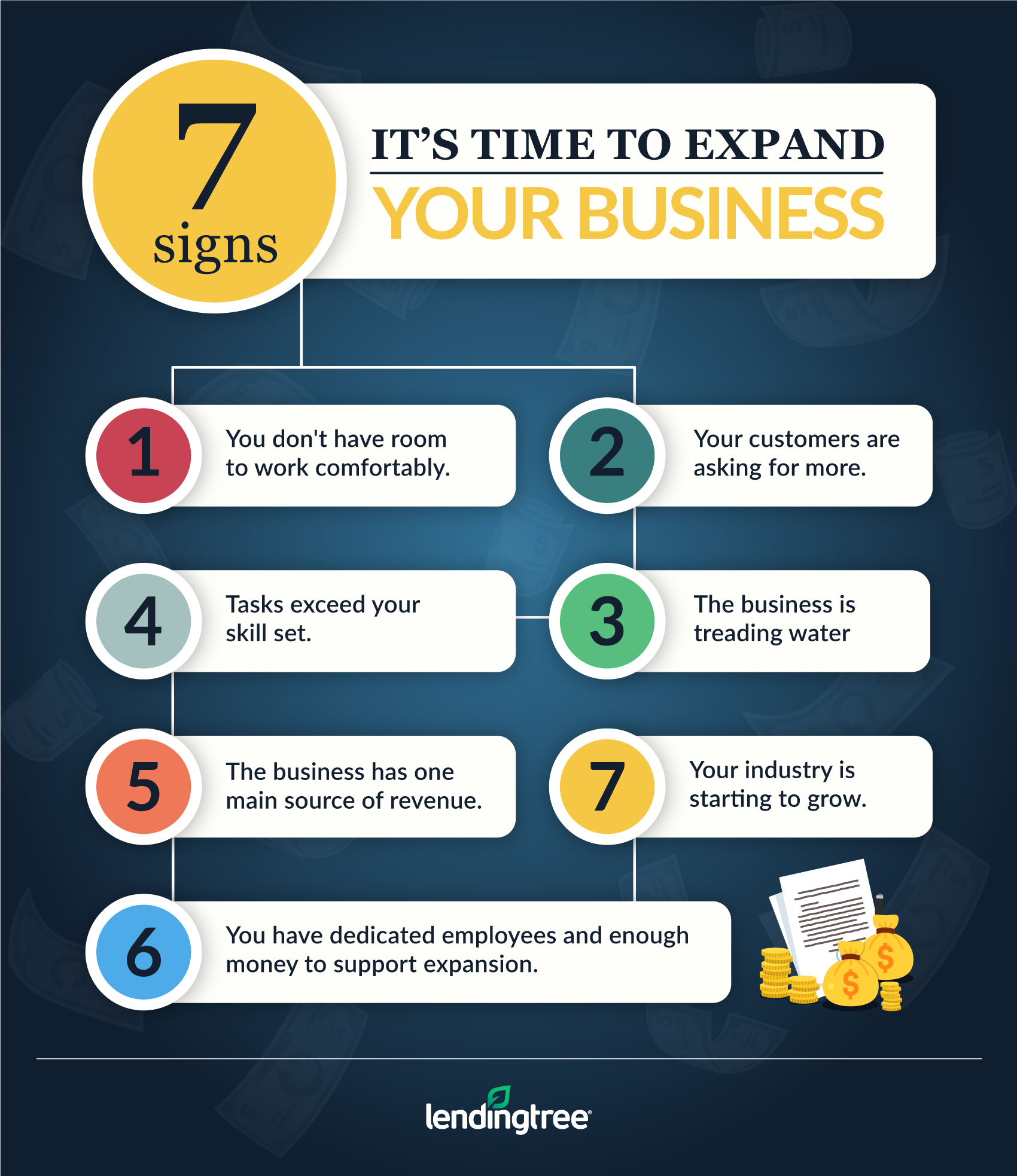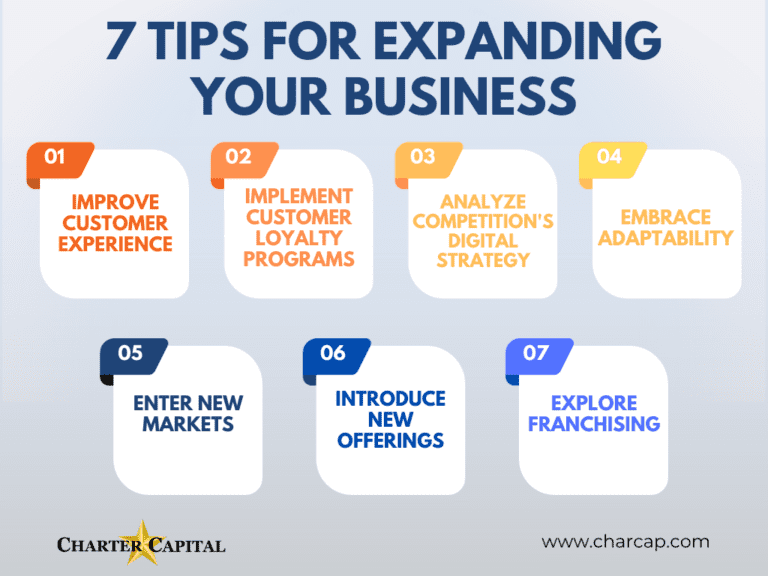How To Know When To Expand Your Business

The allure of expansion is a siren song for many business owners. Dreams of increased revenue, market dominance, and lasting legacy often fuel the desire to grow. However, premature or ill-conceived expansion can sink a promising enterprise faster than almost any other strategic misstep.
Navigating the complexities of expansion requires a careful balance of ambition and pragmatism. It's not merely about wanting to grow, but about ensuring the business is truly ready and equipped to handle the challenges that come with it. This article explores the critical indicators and considerations necessary to determine if and when to expand your business, drawing on expert opinions and industry data to provide a comprehensive guide.
Recognizing the Key Indicators
Several key performance indicators (KPIs) can signal that your business is potentially ready for expansion. Consistent and sustainable profit growth is paramount. Before considering expansion, ensure profits have been steadily increasing for at least two to three years.
This demonstrates a solid foundation and the ability to generate excess capital necessary for investment. A surge in customer demand is another crucial indicator.
If you're consistently struggling to keep up with orders, facing long wait times, or seeing a significant increase in repeat business, it may be time to consider expanding to meet this demand. A strong brand reputation is also vital.
Positive customer reviews, high levels of brand loyalty, and a strong presence in your current market all contribute to a solid base from which to launch expansion efforts. Consider the words of Peter Drucker, the management guru: "The purpose of business is to create and keep a customer." Expansion should support that core purpose.
Assessing Internal Capabilities
Beyond external indicators, a thorough assessment of internal capabilities is essential. Evaluate your existing infrastructure. Do you have the operational capacity, technology, and physical space to support increased production or service delivery?
If not, expansion could strain your resources and lead to quality issues or delays. Consider your team's capabilities. Do you have the right personnel in place to manage expansion, or will you need to hire and train new employees?
A strong and adaptable team is critical for navigating the challenges of growth. Ensure you have sufficient financial resources. Expansion requires capital investment, and it's essential to have a solid financial plan in place.
Consider potential funding options, such as loans, investors, or reinvesting profits. "Cash is king," as they say, and adequate cash flow is essential to fuel the expansion process.
Types of Expansion and Associated Risks
There are various types of business expansion, each with its own set of risks and rewards. Geographic expansion involves opening new locations in different areas or regions. This can significantly increase your market reach, but it also requires careful market research and adaptation to local conditions.
Product line expansion involves introducing new products or services to your existing customer base. This can diversify your revenue streams and appeal to a wider audience, but it also requires investment in research and development and marketing. Franchising offers a potentially rapid expansion model.
It allows you to leverage the capital and expertise of franchisees, but it also requires careful management and quality control to maintain brand standards. All expansion strategies carry risks. Overextension, poor planning, and inadequate funding can all lead to failure.
Thorough due diligence and a realistic assessment of potential challenges are crucial for mitigating these risks.
Expert Perspectives on Expansion
Industry experts emphasize the importance of strategic planning and careful execution. John Mullins, a professor at London Business School and author of The Customer-Funded Business, advocates for bootstrapping and focusing on customer-funded growth to minimize financial risk.
He argues that businesses should prioritize generating revenue before investing heavily in expansion. The Small Business Administration (SBA) offers resources and guidance for businesses looking to expand, emphasizing the importance of creating a comprehensive business plan and securing adequate funding.
The SBA also recommends seeking advice from experienced mentors and advisors who can provide valuable insights and support. "Failing to plan is planning to fail," as the saying goes, and a well-structured plan is essential for successful expansion.
Looking Ahead: Adapting to a Changing Landscape
The business landscape is constantly evolving, and expansion strategies must adapt to these changes. Technology plays an increasingly important role in facilitating expansion. E-commerce platforms, cloud-based software, and digital marketing tools can enable businesses to reach new markets and streamline operations.
Sustainable and ethical business practices are also becoming increasingly important. Consumers are more likely to support businesses that align with their values, and incorporating sustainability into your expansion strategy can enhance your brand reputation and attract new customers. In an increasingly interconnected world, globalization provides vast opportunities.
However, businesses must navigate cultural differences, regulatory hurdles, and logistical challenges to succeed in international markets. Ultimately, successful expansion requires a combination of strategic vision, operational excellence, and adaptability. By carefully assessing key indicators, evaluating internal capabilities, and seeking expert guidance, businesses can make informed decisions about when and how to expand, setting themselves up for long-term growth and success.


















